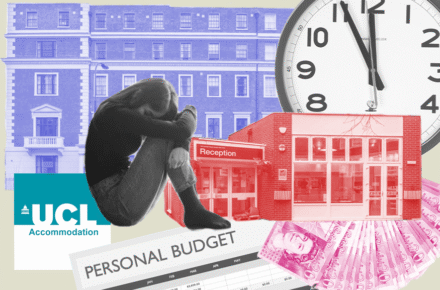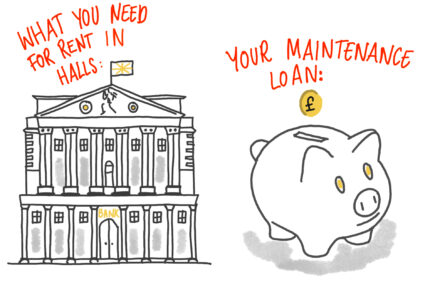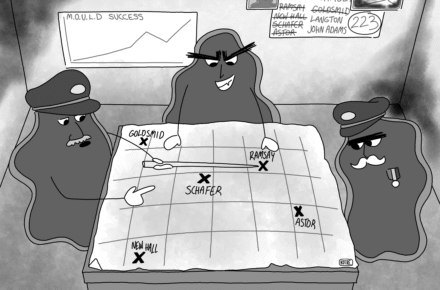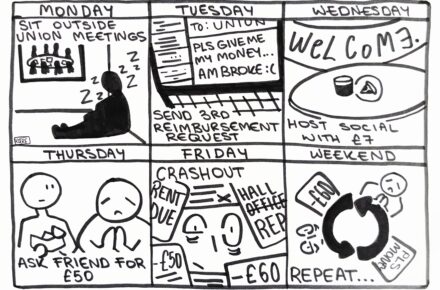Renting in London is a battlefield. Every flat is at least two of the following: ridiculously small, unimaginably expensive, or mould-infested. Renting here is shit enough, so here’s a quick guide on what your landlord/agent can and can’t charge you for.
Malvika Murkumbi Investigations Editor
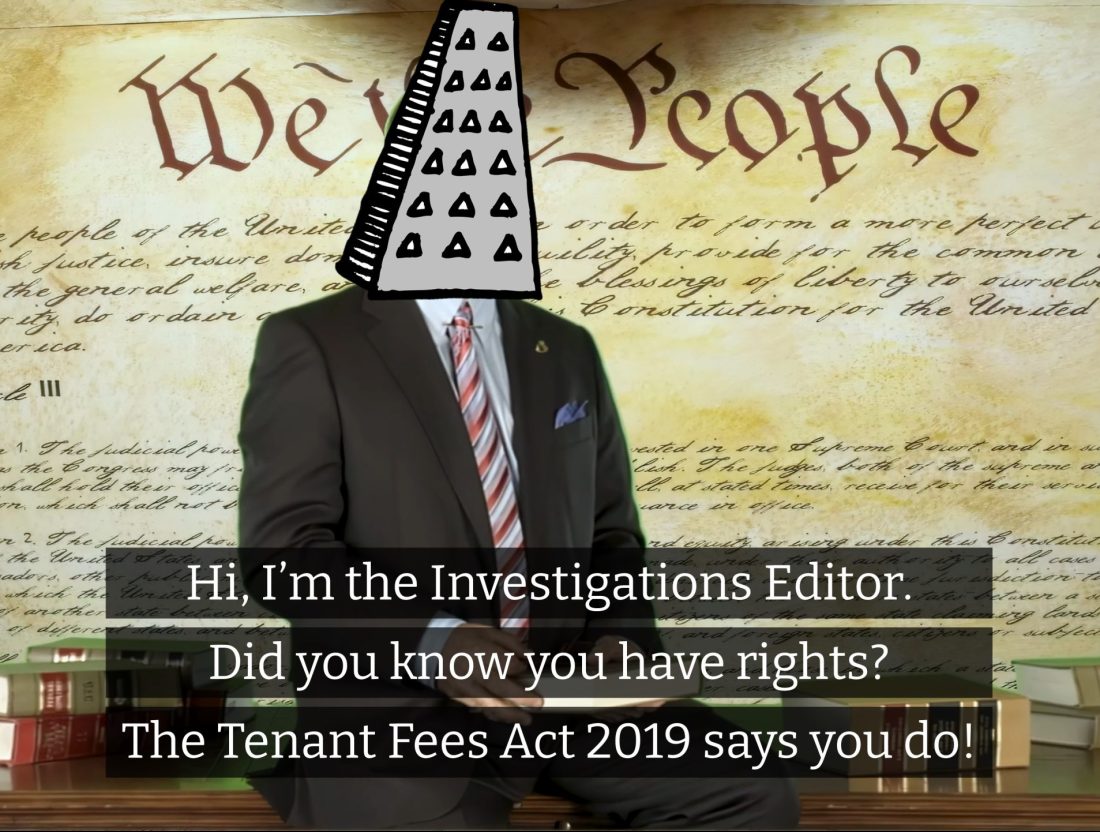
What can they charge you for? Pay attention to restrictions on these fees.
- The rent, obviously.
- A tenancy deposit, which should be (a) refundable and (b) capped at no more than 5 weeks’ rent (6 weeks if the total annual rent is more than £50,000).
- A holding deposit – also refundable and capped at one week’s rent.
- Fees for a change in the Tenancy Agreement (such as a change in sharer/s), generally capped at £50. If this fee is higher than £50, your landlord/agent should be able to demonstrate why, with evidence.
- Charges for early termination of the contract (if you request it), which generally covers referencing and advertising costs. They can also legally ask you to pay rent as required under your contract until they find a replacement tenant.
- Utility bills, TV licence costs, etc. if your tenancy agreement states that your landlord is responsible for them.
- A fine for being late on rent. This is (a) only after the rent remains unpaid after 14 days from the date in your contract, and (b) not more than ‘3% above the Bank of England’s base rate for each day that the payment has been outstanding’. Make sure this is clearly set out in your contract.
- Reasonable costs for lost keys, fobs, etc.
What can they NOT charge you for? (Basically anything else but here are a few examples)
- Fees to view the flat.
- Tenancy ‘set-up’ fees – it is the landlord’s responsibility to pay the agent for setting up a Tenancy.
- Charges associated with an inventory check.
- ‘Check-out’ fees associated with ending a Tenancy.
So you paid a prohibited fee, or a fee higher than the legal cap. What now?
Your first step should be emailing your landlord/agent asking them to return the fee (or excess amount paid on top of the legal cap). You can use the draft email on Page 80 of the Tenant Guidance document. If they refuse, you can complain to the relevant Redress Scheme.
If you require further assistance or if you are not sure if your landlord has broken the law, your Students’ Union may be able to help. You can get in touch with the Advice Service by filling in this contact form here, and they will get back to you as soon as possible.
Maintaining a good relationship with your landlord doesn’t mean you should let them walk over you. For further reading and FAQs about renting, you may want to check out this handy guide by Generation Rent. Additionally, you may also want to join a tenants’ union, such as the London Renters’ Union and ACORN to further understand your rights and to organise collectively with other tenants.
Don’t have to let your landlord or agent take advantage of you. Know your rights as a tenant.

